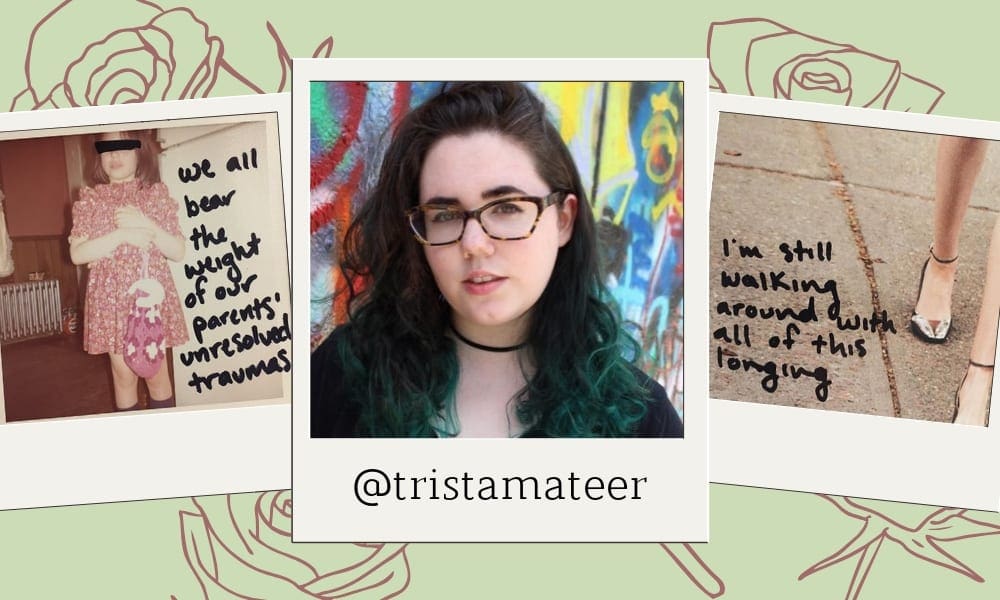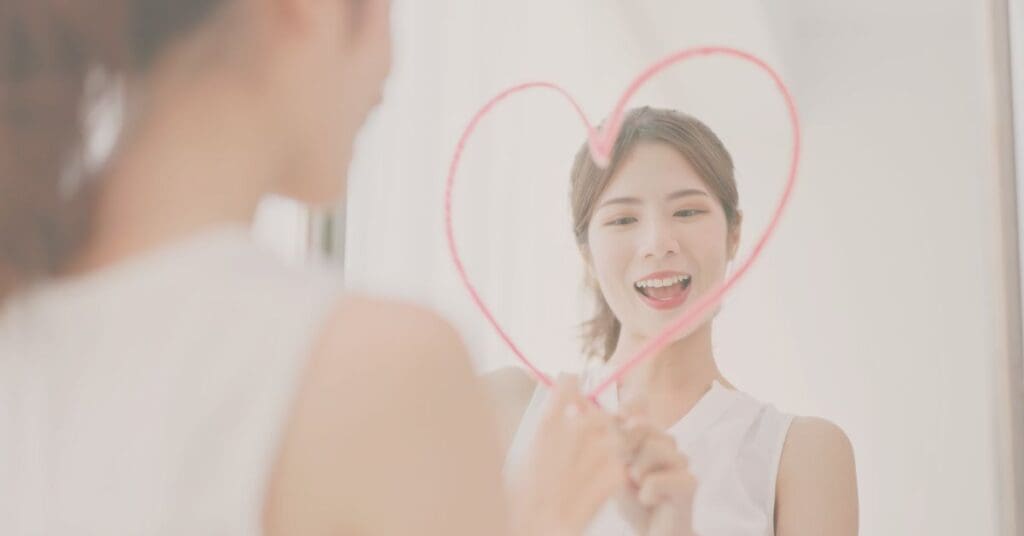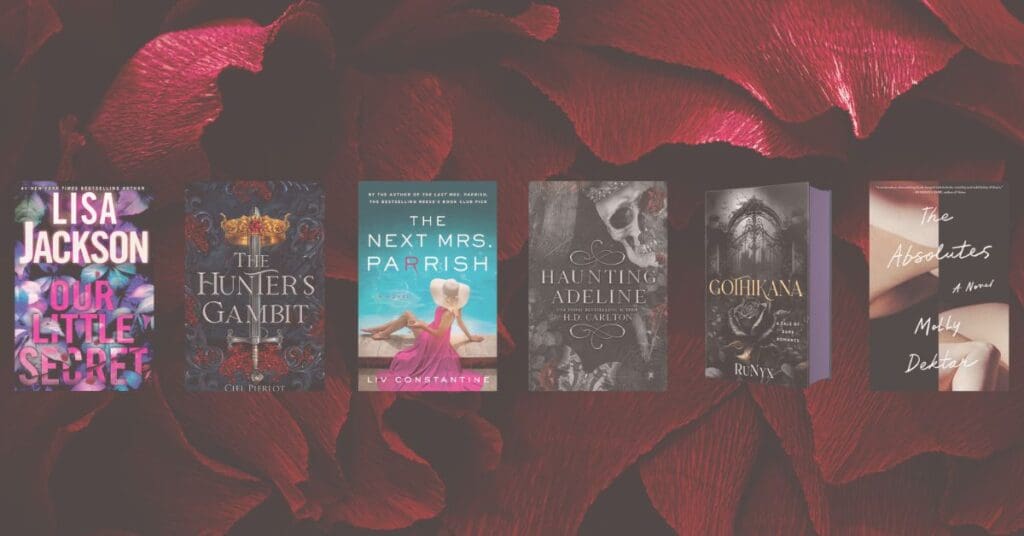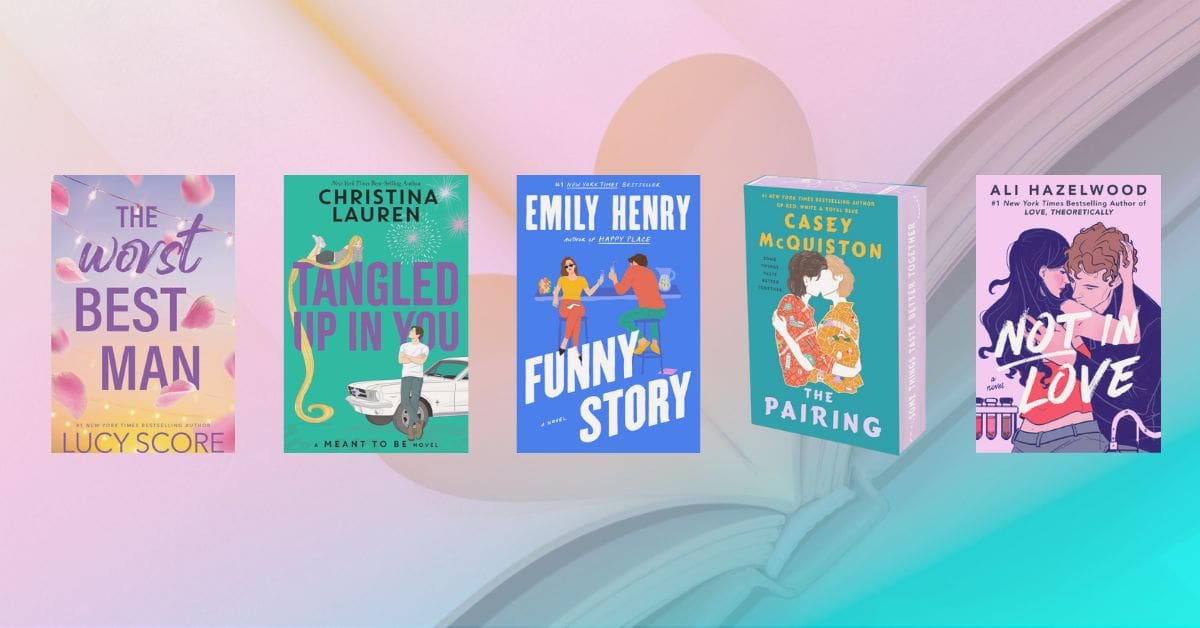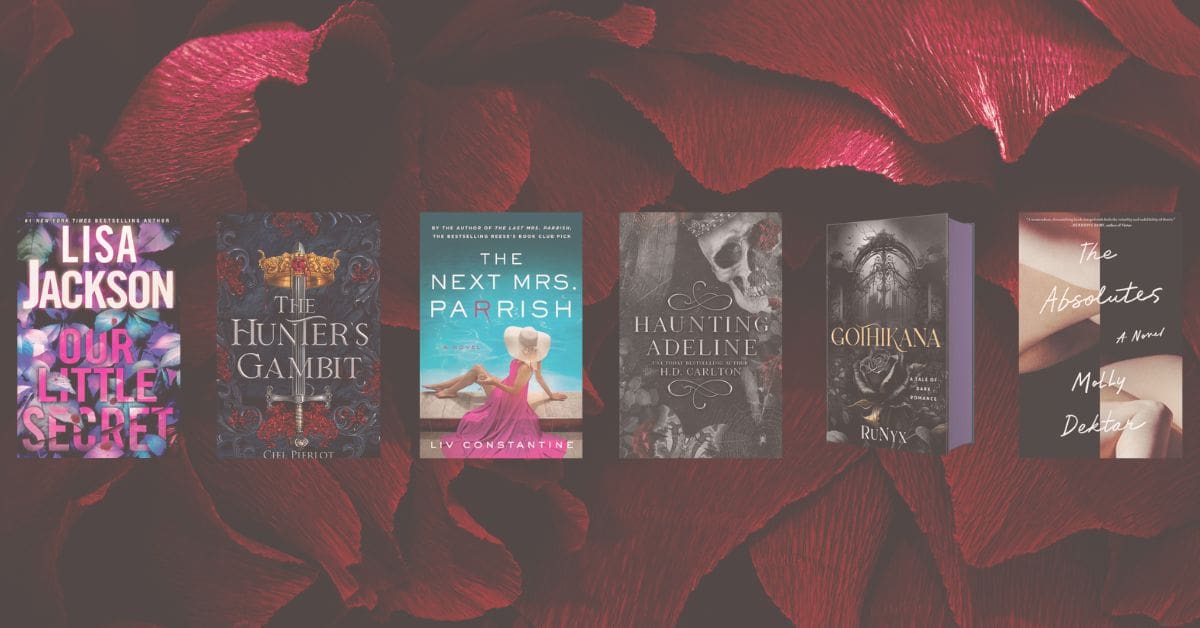If you haven’t yet discovered the engaging and vulnerable voice of Trista Mateer, we are thrilled to introduce you!
On Instagram, @tristamateer keeps us coming back for more with her perfect balance of bittersweet musings, original artwork, and gorgeous reposts of her poetry #bookstagrams. She is the award-winning poet behind Redacted, Before the First Kiss, The Dogs I Have Kissed, Honeybee, and
We are shamelessly mesmerized by Trista, from her creative lifestyle that fits writing into even the most mundane moments (we would love to see her iPhone notes) to the intimate storytelling she achieves with Nikita Gill and Amanda Lovelace in their new book dragonhearts. This definitely won’t be the last time that we hear from the boldly talented Mateer. In her own words, “I have a lot of stories in me and I’m still trying to figure out the best way to tell them all.” We are all ears.
little infinite: What was the first moment you knew that poetry was going to be the writing style for you? What sparked it for you?
Trista Mateer: I came across a poem by Clementine von Radics on Tumblr back around 2013. Previously I’d enjoyed poetry but it had never felt like something I could do. It felt important and a little pretentious, something reserved for English majors or old white men. I was just a queer waitress who loved books in a small town that didn’t have a lot to offer me. But I followed that Clementine von Radics poem down a rabbit hole and ended up in the Tumblr poetry community, surrounded by all these people telling their own stories however they wanted to. Some of those people were just like me, telling stories just like mine. It was accessible and relatable and validating. Poetry wasn’t my first literary love and it won’t ever be my only one, but it’s been what suited me best for a long time.
“Previously I’d enjoyed poetry but it had never felt like something I could do. It felt important and a little pretentious, something reserved for English majors or old white men. I was just a queer waitress who loved books in a small town that didn’t have a lot to offer me.”
-Trista Mateer
li: The LI team is loving Dragon Hearts and the powerhouse poets that made up this collaboration. Describe the collaboration process between you, Nikita Gill, and Amanda Lovelace on the title. How did the three of you balance having distinct voices with creating a cohesive collection?
TM: Honestly, we spend so much time together/talking that it’s not much of an actual process to make our voices flow together. We’re all storytellers and we were telling our story. It doesn’t get much easier than that. In novels, it’s not uncommon to have multiple distinct voices or points of view working together to tell the same story so we just tried to apply the same logic here. Sometimes we wrote parts of things and sent them to each other to be finished, sometimes we sat in the same room and talked until one of us started writing it down, sometimes we wrote our pieces completely separately and worked them into the narrative.
li: In your IG you mention that you feel like you don’t have secrets anymore. How do you manage to put so much of yourself out to the world? Do you feel like everything you write is a piece of you on display?
TM: It can be tricky to manage, honestly. Confessional writing, whether it’s poetry or articles or personal essays, is complicated. You have to make an agreement with yourself about the lines you’re willing to cross. I imagine even people who are writing fiction still feel like it’s a piece of them out on display. Anything you work that long and hard on has bits of you in it whether it’s intentional or not. Mine is just intentional. I made peace with that a long time ago. I still keep things to myself even if it’s not forever, even if it spills out later. Sometimes that grace period where you forbid yourself from talking publicly about something for x amount of time is the difference between “confessional writing” and “airing your dirty laundry on the internet.”
li: You got your start on Tumblr like some other recent poets. What things did you learn when you started putting your work on this platform? How has your approach changed with the shift in audience and focus over to IG?
TM: Tumblr taught me a lot about how much people value honestly in writing. They could always tell when I wasn’t saying what I needed to say, when I was just writing generic stuff. People respond better when you put yourself into your work. They like that feeling of real human connection when they read something. Tumblr also had less of a focus on short work. I learned how to write all my long poems there. Whereas Instagram is an exercise in brevity. None of these platforms have changed my writing but they have offered different challenges to overcome and different styles and formats to experiment with. There’s a lesson in there somewhere about being able to adapt. It’s very important as a writer. What people want to read is always changing so you need to be willing to go with the flow. Instagram is also a very visual platform and poetry itself has been making strides toward being more than beautiful words on a page for a long time. We saw that first with spoken word, now we’re seeing a lot of different multi-media aspects to poetry on platforms like Instagram. Always adapting. Always growing.
li: In 2015, you won the Goodreads Choice Award for your self-published book The Dogs I Have Kissed. How has its meaning evolved for you as you evolved as a writer?
TM: Confessional poetry is such a unique little time capsule. Those are my diary entries preserved in a book that people buy. I honestly try not to think about it too much. I will say I thought that book showed a lot of personal growth when I wrote it. When I flip through it now, I just see how angry I was and how much I needed a place to put that down. I’m so grateful to that book for giving me the place to do that.
I will say I thought that book
-Trista Mateer
showed a lot of personal growth when I wrote it. When I flip through it now, I just see how angry I was and how much I needed a place to put that down. I’m so grateful to that book for giving me the place to do that.
li: Which poets and artists have most heavily influenced your work? How have your influences changed over time?
TM: Maybe: Richard Siken (poet), Lora Mathis (poet and artist), Laura Stevenson (singer/songwriter), and Scott Hutchinson (singer/songwriter). Although I’m not sure if it’s been specific poets so much as styles and topics that were popular on certain platforms. My influences also only get harder to pin down as time goes by because they continue to get broader. It’s also probably worth noting that each of my books
li: Is there a unique place where you write, or rituals you have to get your creative process flowing? How do you handle writers block?
TM: Oh, absolutely not. I write in my iPhone notes when I’m watching Netflix, I write in the car, I write in bed. I’m always taking notes about my life down and squirrelling them away for later use. I never know when I’m going to be inspired by something so I try to treat everything like it has the potential to be inspirational. The creative process is almost always flowing if you nurture it and allow it to. It’s me that gets in the way. Life and bills and emails. I’m the one who doesn’t always have time to sit down and write an entire poem. But I forgive myself for my small human life, needing to sleep and eat and be practical, needing to take breaks. Forgive yourself and go from there.
“I never know when I’m going to be inspired by something so I try to treat everything like it has the potential to be inspirational. The creative process is almost always flowing if you nurture it and allow it to. It’s me that gets in the way.”
-Trista Mateer
li: What types of poems do your fans love the most? What are some of the best discussions your poems have prompted among your community?
TM: Honestly, they love breakup poems and so far my life has been able to provide them with plenty of messy, emotional ones but I hope those readers stay with me when my life is quiet too. That’s something I always worry about. Will I lose my entire audience if I allow myself to put the past down and walk away from it? I don’t know. I’m working through it. I’m branching out and trying new things and seeing who comes along for the ride and who doesn’t.
li: Has a growing social media following changed the way you write or approach poetry at all?
TM: I try not to let it on a deep level, but I try to always let it on a surface level. What I mean is, this is my job and I have to be practical, but this is also the source of my deepest joy and gratitude for
li: What are your goals for your poetry this year? Do you have a creative bucket list you’re working toward? What larger impact would you like your art to make?
TM: I just want to do everything. I know that’s not specific enough of an answer but it’s the truth. I’m working on three poetry projects right now but there are more I’d like to be doing. I keep jotting down ideas and telling myself not to start them yet. I just want to keep moving forward. I don’t know what that will necessarily look like for me in the future, whether that means I’ll stick with poetry or move into other mediums or genres. I have a lot of stories in me and I’m still trying to figure out the best way to tell them all.
To keep up with Mateer follow her on Instagram (@tristamateer) or check out her website here:
